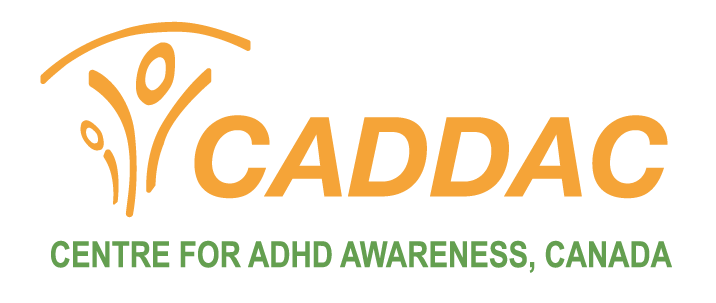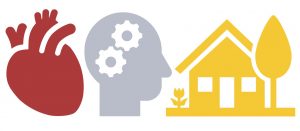Today’s post serves as a summary of the second breakout session I attended at the Centre for ADHD Awareness Canada’s conference. I am thrilled to be able to share this with you, I hope you enjoy!
Learning about ADHD: Blog Post 3/4
- October 23, 2019
- Laura Teutsch
- No Comments

Breakout session #2
"Self-Regulation and ADHD: From Chaos to Smoother Sailing" By Dr. Megan Smith
In this presentation, I learned that self-regulation is not the same as self-control. Self-regulation is a dual process, including the body’s ability to regulate physiological systems (eg. temperature, heart rate, blood pressure, etc), and our conscious efforts to alter thoughts, actions, and emotions. This second part relies heavily on executive functioning (inhibition, emotion regulation, motivation, attention, shifting, working memory, planning, organization, self-monitoring), and as emphasized in multiple of the day’s presentations, those with ADHD have difficulties with executive functioning tasks. Hence a struggle to consciously alter those thoughts, actions, and emotions.
Dr. Smith pointed out that there are multiple factors that influence our ability to self-regulate. Biological factors such as our current state of being (hungry, tired, ill) and overall health (developmental processes, sleep cycle, hormonal cycle). Intentional efforts are another factor, including our executive functioning skills (which we already learned are decreased in those with ADHD), self-care skills, and any strategies we may have developed to help us self-regulate. And finally, environmental factors can influence our ability to self-regulate. Environment can include the physical environment, interpersonal relationships and interactions, trauma, and the demands or tasks that are required of us.

A person learns to self-regulate as they grow and develop. When a child is very young, they rely entirely on their caregiver to regulate for them, slowly they start to develop the ability to regulate themselves, but still need some help, and eventually they can entirely self-regulate. For those with ADHD, this process of learning to self-regulate is slower. And so to support our friends with ADHD, either as a parent, teacher, or therapist, we can co-regulate as much as they need us to by understanding signs of stress, eliminating unnecessary stressors, adapting behaviour and modifying the environment. From there we can help them figure out what contributes to stress, and what helps them to self-regulate.
If we alter our view of “behaviour” and “motivation” problems to understand them as an inability to self-regulate, we are more likely to address the individual’s needs with compassion and support and to help them achieve what they want to achieve.
Come back tomorrow to learn about “Turning Around Meltdowns”



